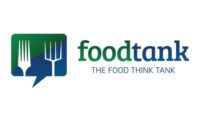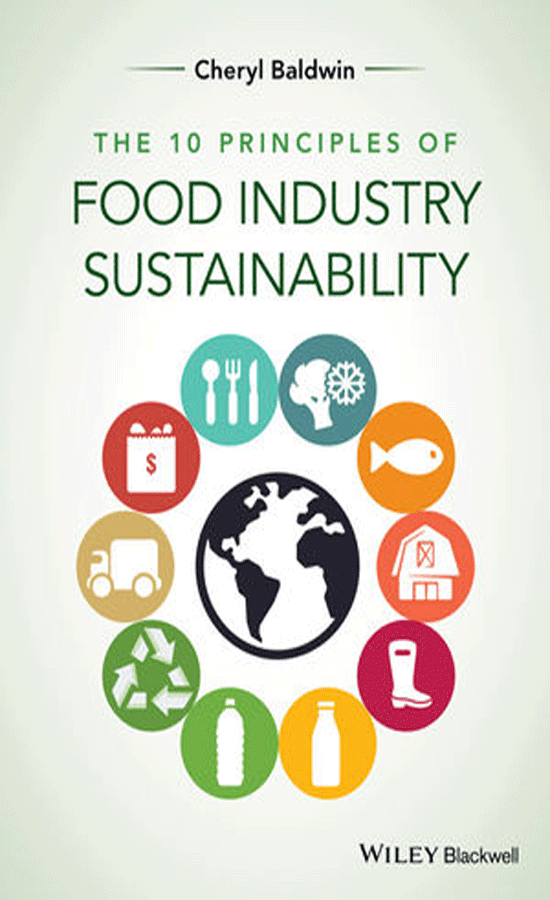Niman Ranch’s founding hog farmer, Paul Willis, was selected by EatingWell Magazine as a 2020 American Food Hero. This annual list celebrates ten leaders who are changing the food world in innovative and meaningful ways. Paul is celebrated as a staunch animal welfare advocate who has revolutionized the hog production system and built a thriving brand that supports hundreds of likeminded and passionate small family farmers.
Paul joins other food sector luminaries including Claire Babineaux-Fontenot, CEO of Feeding America; Anthony Bourdain, the late chef and celebrated food writer; George Siemon, the founder of Organic Valley; Chellie Pingree, organic farmer and Congresswoman representing the 1st District of Maine; Tom Colicchio, award-winning chef and food policy advocate; and Joann Lo & Jose Oliva, co-directors of the Food Chain Worker Alliance, to name a few.
“Willis’ dedication to bringing well-raised pork to scale—something available nationwide, not just at the small-scale local level—is a feat we consider deserving of a lifetime Food Hero award,” explained EatingWell regarding their selection of Paul for the award.
Paul started the Niman Ranch Pork Company twenty-five years ago, at a time when small, pasture-based hog farmers were struggling to compete. Since that time, he has helped grow the brand one farmer and rancher at a time to a network of 750 family farmers raising their animals humanely, sustainably and with care. Working together, Niman Ranch farmers are able to serve broader markets throughout the country, including James Beard award winning and Michelin rated restaurants, quality-focused national chains like Chipotle, Panera and Shake Shack, and at specialty grocery stores and butcher shops.
“This recognition is a real honor,” shared Paul. “In the early days, people were a little skeptical, but through hard work and a great team we have built Niman Ranch into the resilient and thriving brand it is today. It’s been a long haul and the work was never easy, but always rewarding. I’m so proud of Niman Ranch and thankful to our customers, partners and friends who have been with me for this wild ride.”
Paul has received multiple awards and accolades throughout his career including the 2003 Good Neighbor Harvest Award from the Glynwood Center; 2012 Pathfinder Sustainability Award from Chefs Collaborative; 2013 Founders Award from Edible Communities; 2015 Stewards of Iowa’s Land recognition from Drake University’s Agricultural Law Center; Good Food 100’s 2019 Farmer of the Year; and is included on Heritage Radio Network’s Hall of Fame. Paul sits on the board for the Global Animal Partnership and Edible Communities and has been the subject of numerous feature length articles in the New York Times, Boston Globe, Successful Farming, Vogue, Country Living, Bon Appetit and Food & Wine.
“Paul’s welfare standards informed the public that it was possible to produce pork using alternative practices, and as a result, pressure was applied to the industry at large to make changes,” says Mark Rasmussen, director of Iowa State University’s Leopold Center for Sustainable Agriculture.
Paul’s involvement in sustainable agriculture began after he graduated from the University of Iowa and joined the Peace Corps where he served in the Northern Region of Nigeria as the Young Farmers Club organizer. He returned to the United States in 1975 to start his own farm, continuing his family’s legacy as a fifth-generation farmer. The rest is history. Today, Paul continues to be a key voice for Niman Ranch and the initiatives it pursues. He spends his spare time bird watching on his 160-acre native tall-grass prairie, tending to his garden and beloved heirloom tomatoes and advising others hoping to build a better food system.
It is not unusual to hear farmers share that were it not for Paul Willis and Niman Ranch, they would have lost the farm. His creative thinking, tenacity and hard work created an innovative model to build a network of farmers who together support one another and make it possible to stay on the land and continue traditional, sustainable and humane practices.
Source: Niman Ranch







